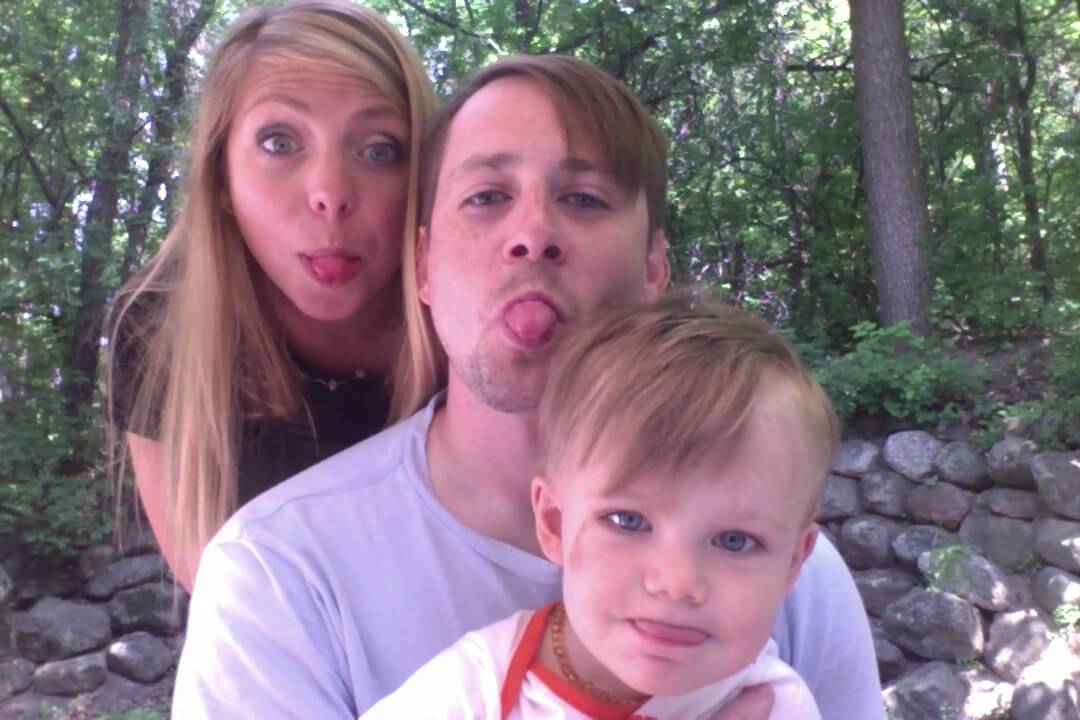Git Hook – npm install if package.json is Modified
Most of the projects I work on these days contain a frequently-modified package.json file to manage dependencies. You would think by know I'd be used seeing the package.json file when I did a git pull and it would trigger something in my head to execute npm install to ensure I had the latest dependencies installed but I somehow continue to forget to do so. Instead I see npm start result in errors which leads to facepalm after facepalm. It's probably time to automate this task.
A quick Google search led me to a series of gists to use a git hook to trigger npm install if a package.json file has been updated. Place a post-merge file in your .git/hooks directory with the following contents:
#/usr/bin/env bash
# MIT © Sindre Sorhus - sindresorhus.com
# git hook to run a command after `git pull` if a specified file was changed
# Run `chmod +x post-merge` to make it executable then put it into `.git/hooks/`.
changed_files="$(git diff-tree -r --name-only --no-commit-id ORIG_HEAD HEAD)"
check_run() {
echo "$changed_files" | grep --quiet "$1" && eval "$2"
}
# Example usage
# In this example it's used to run `npm install` if package.json changed and `bower install` if `bower.json` changed.
check_run package.json "npm install"
check_run bower.json "bower install"
Reading down the comments in the gist show a number of other useful conditional triggers, like PHP's composer install, preprocessing of .sass files, and more.
# Updating git submodules check_run .gitmodules "git submodule init && git submodule update" # Installing composer dependencies check_run composer.json "composer install" # For those who use gulp check_run web/assets "gulp --production"
This hook will be incredibly useful for me moving forward -- no more needing to remember steps I need to execute upon every pull!





I’m using the same script for all the projects I’m working on, just with a small addition bower and number I run number prune && number install. To make sure only packages are installed that are actually in the package.json and bower.json
I agree with Lars’ point about adding
npm pruneto the hook. Pruning removed packages will help you make sure you don’t get false positives by writing code that depends on a package that isn’t part of the repo.Pretty cool trick. I’ll have to add this script, along with Lars’ tip.
How would you go about checking if
npmis installed first? What if some of your dev team, for instance, does not have NodeJS installed?What if they are using svn instead of git?
The shebang is missing from the first line, it should start with hashmark-exclamation mark
Is it possible to check if the change is in dependency in npm?
Arrived here after getting burned one too many times by silent dependency upgrades. This really helped. Thank you!
I’ve written an npm package that solves that problem. Any feedback would be welcome!
https://github.com/tkglaser/pkgmon#readme
npm prune docs say you don’t need to run npm prune.
> In normal operation, extraneous modules are pruned automatically, so you’ll only need this command with the –production flag.
https://docs.npmjs.com/cli/v7/commands/npm-prune